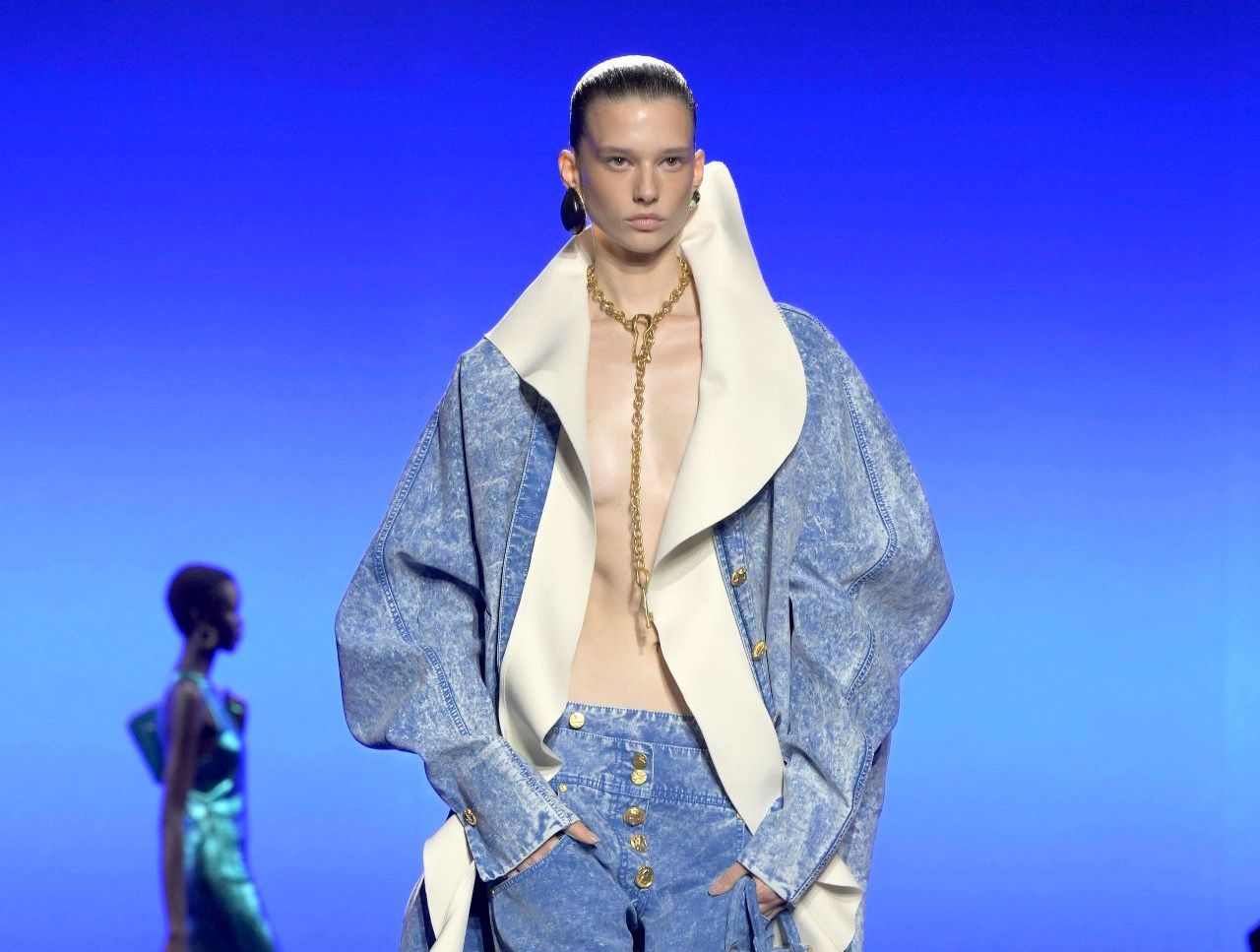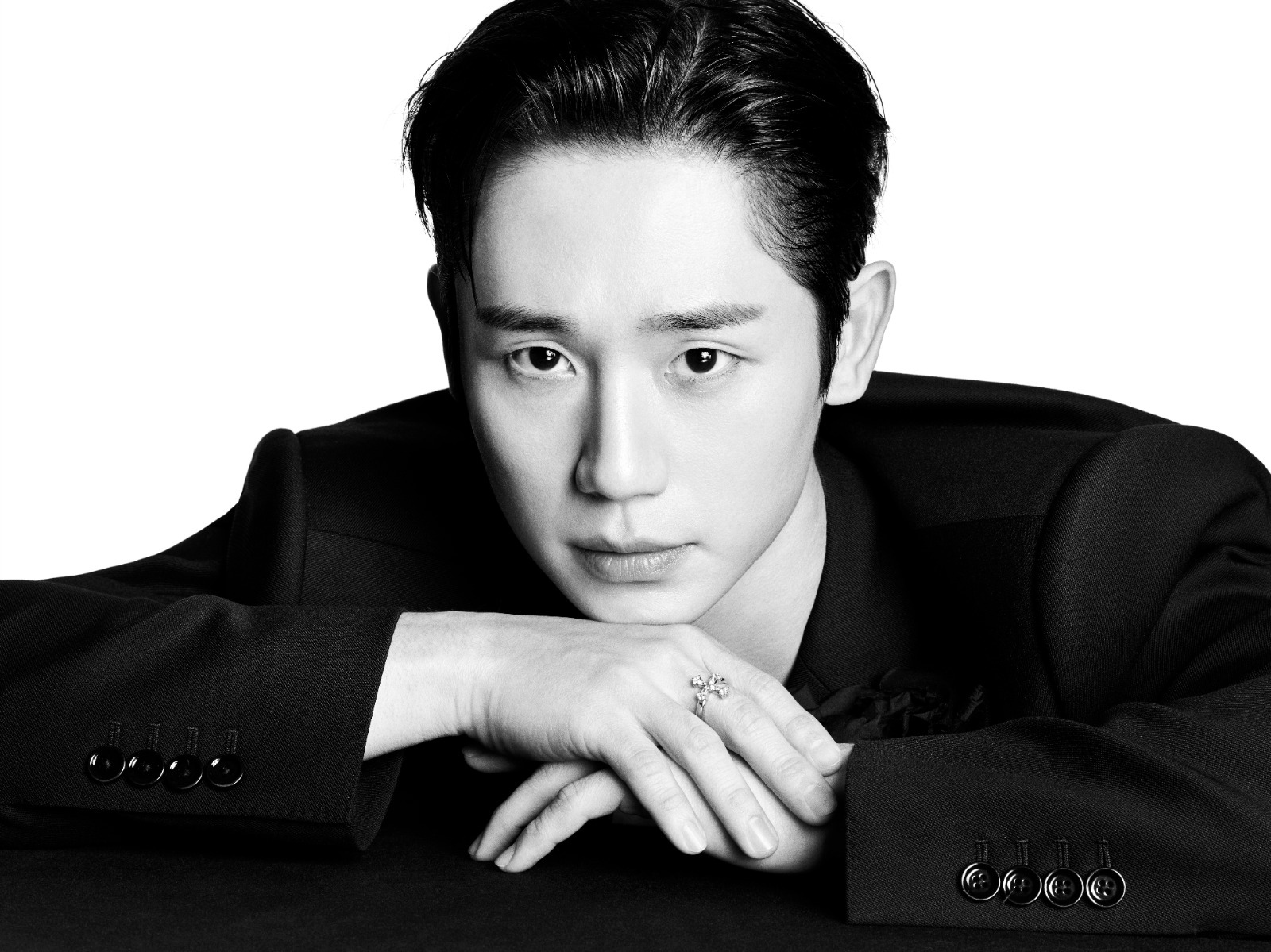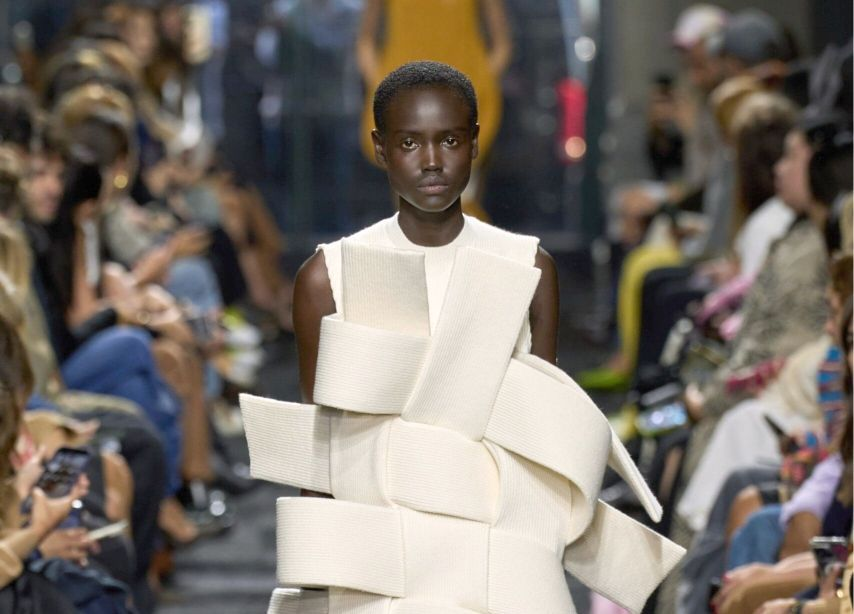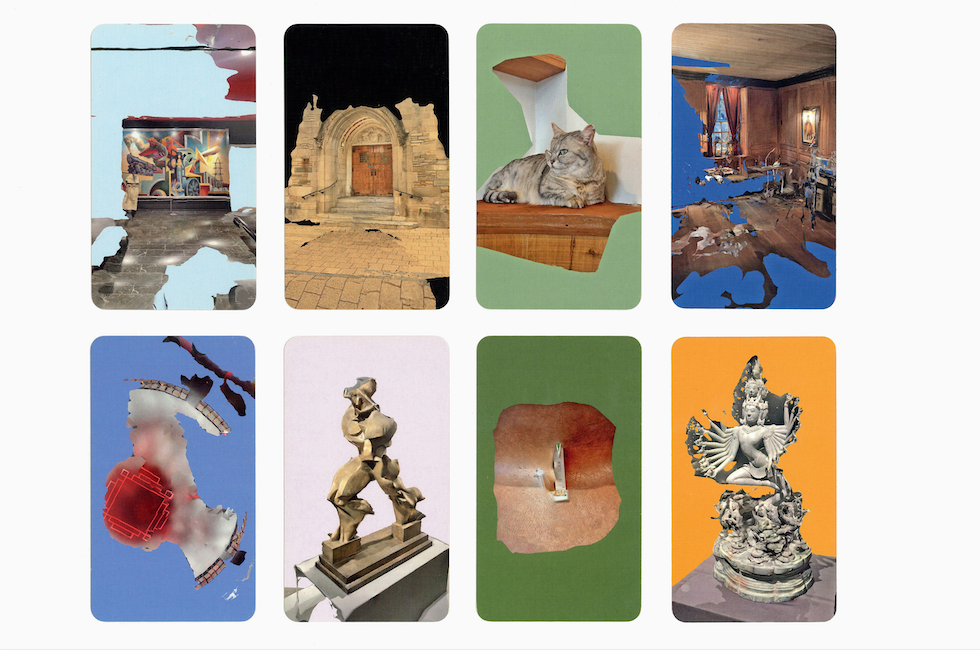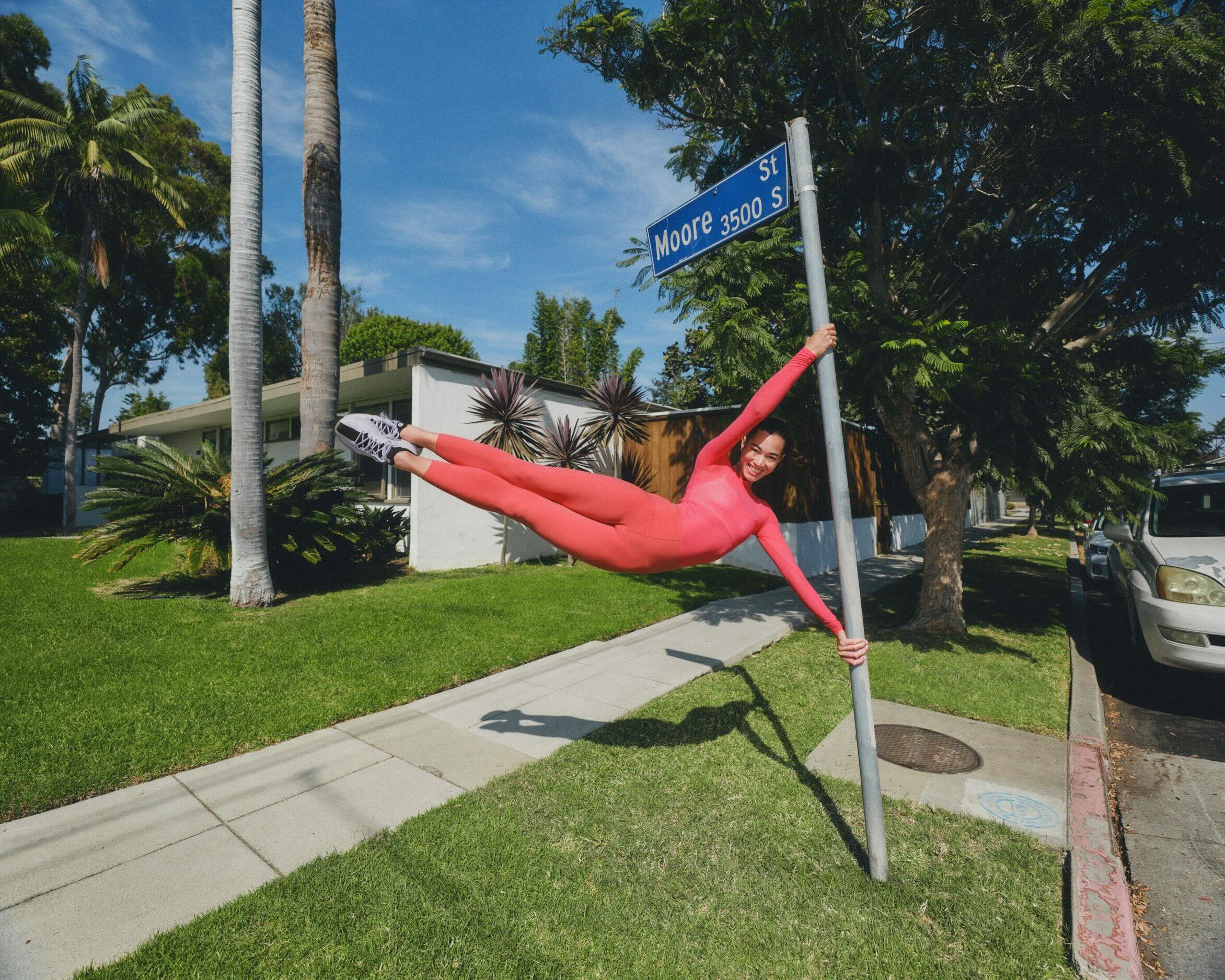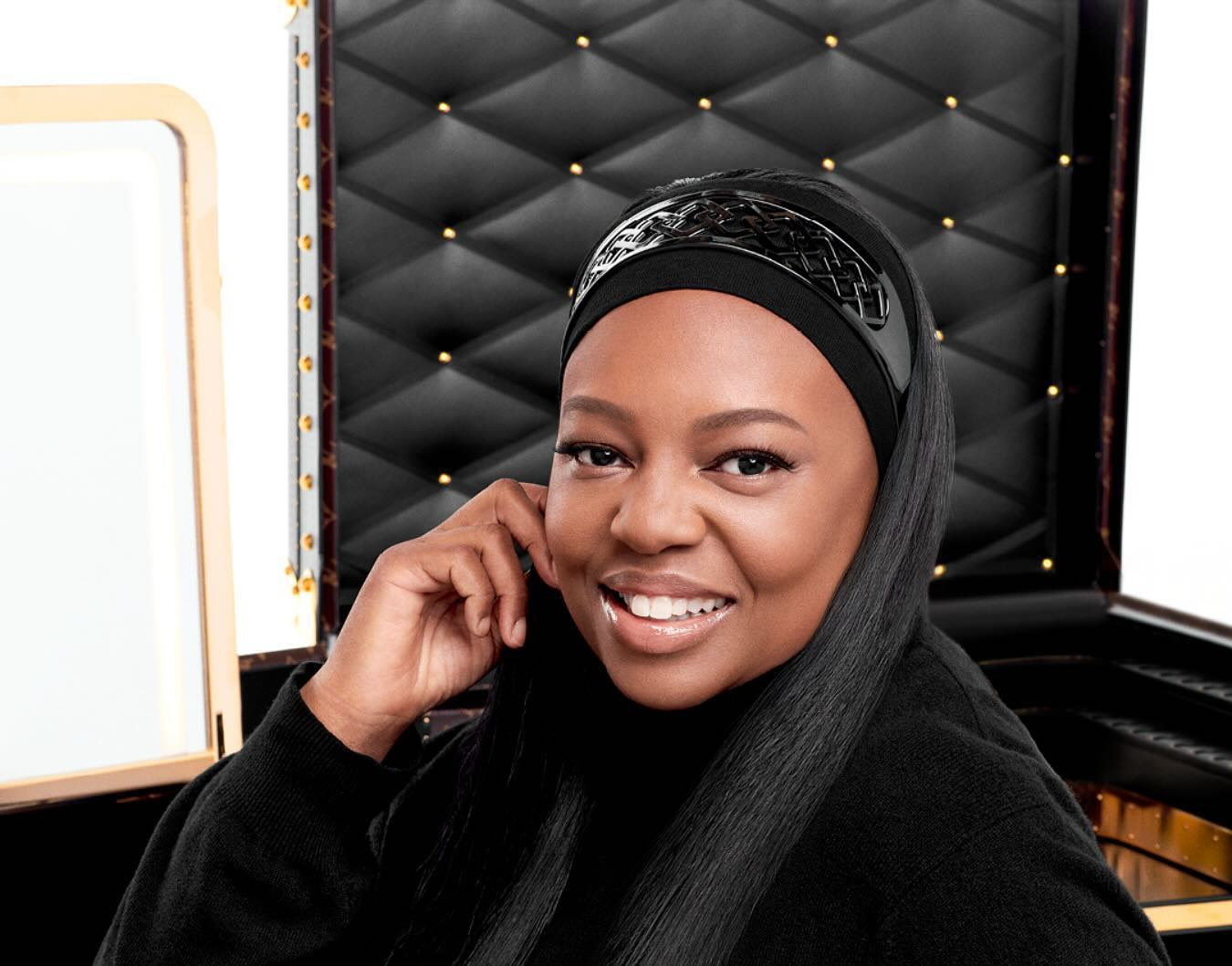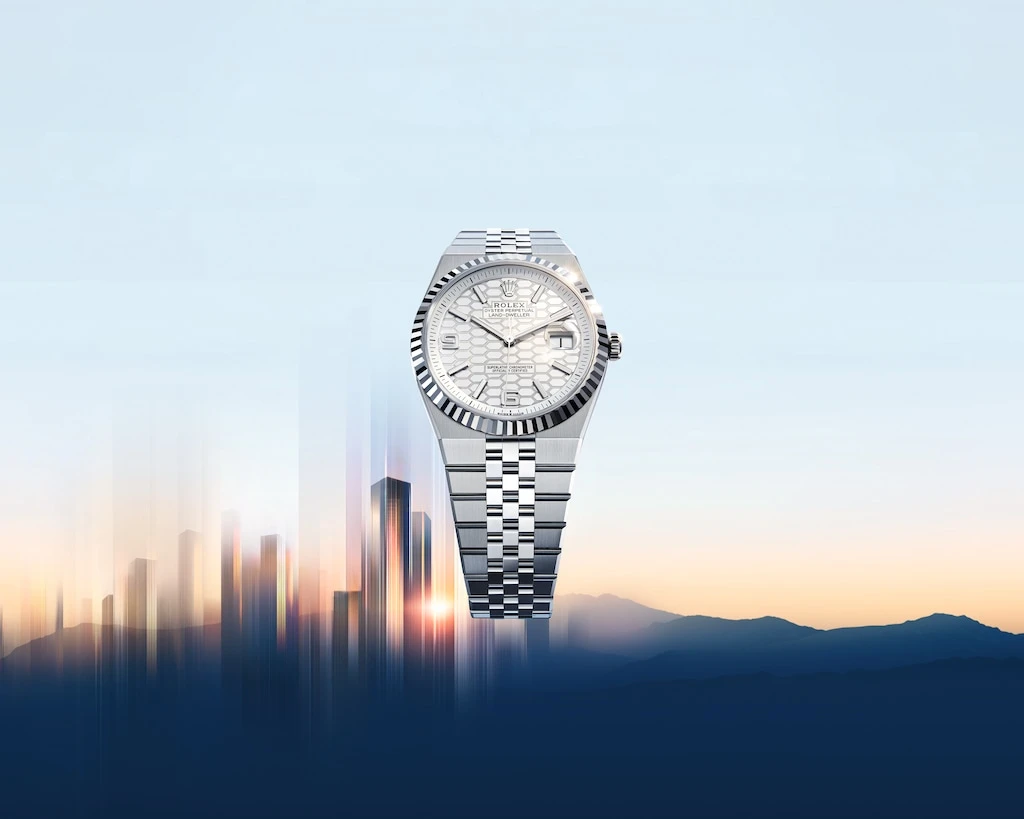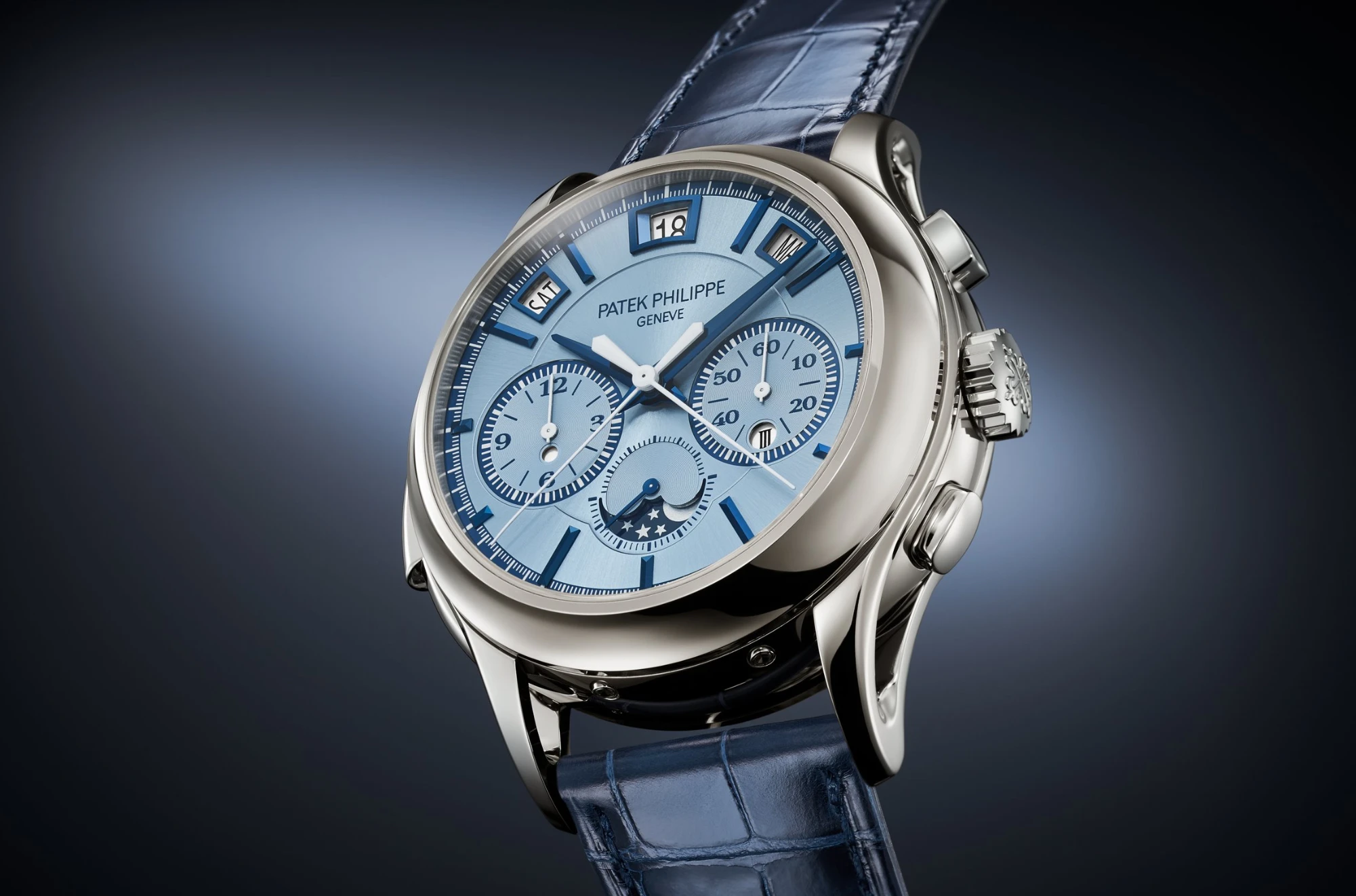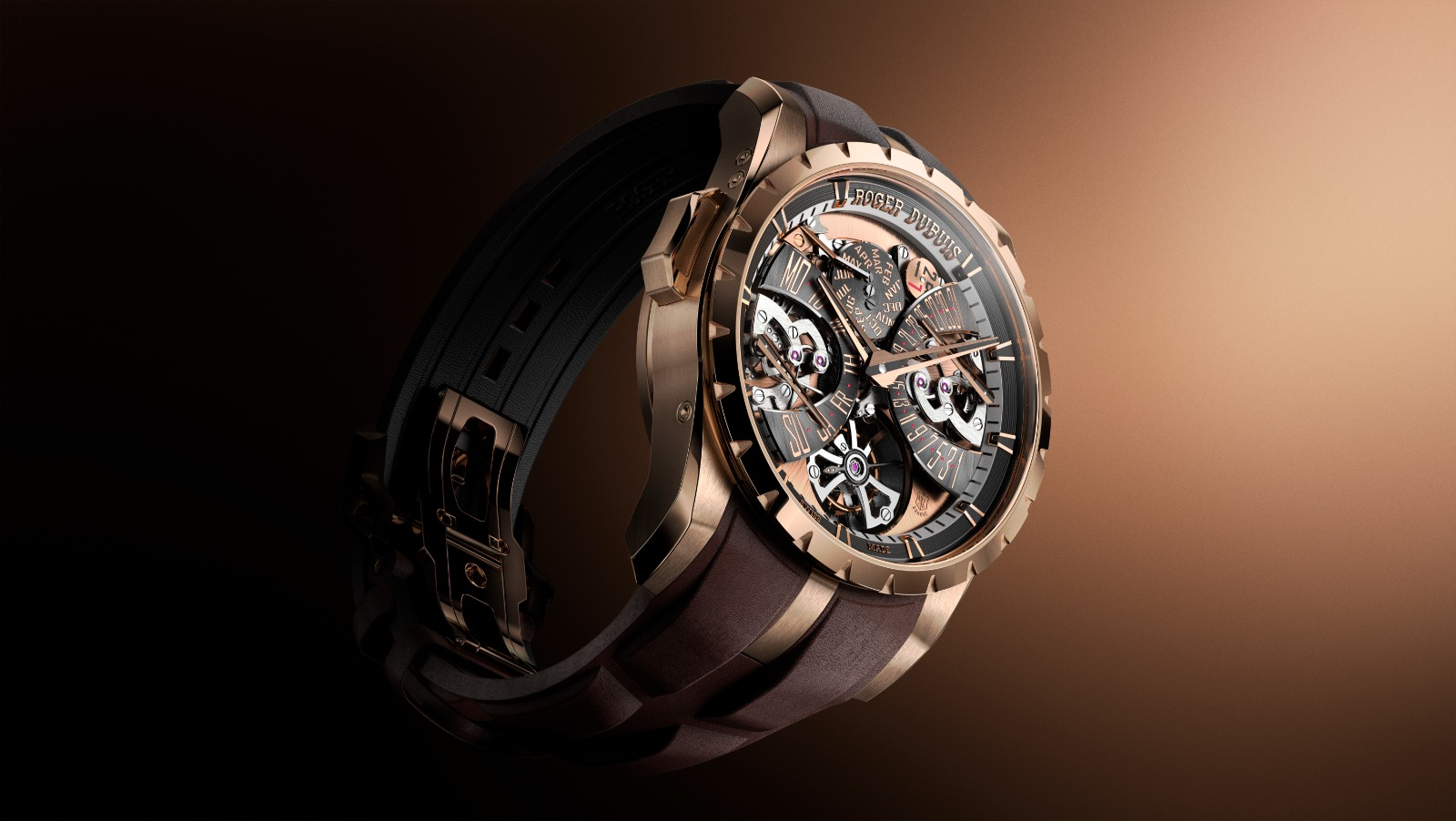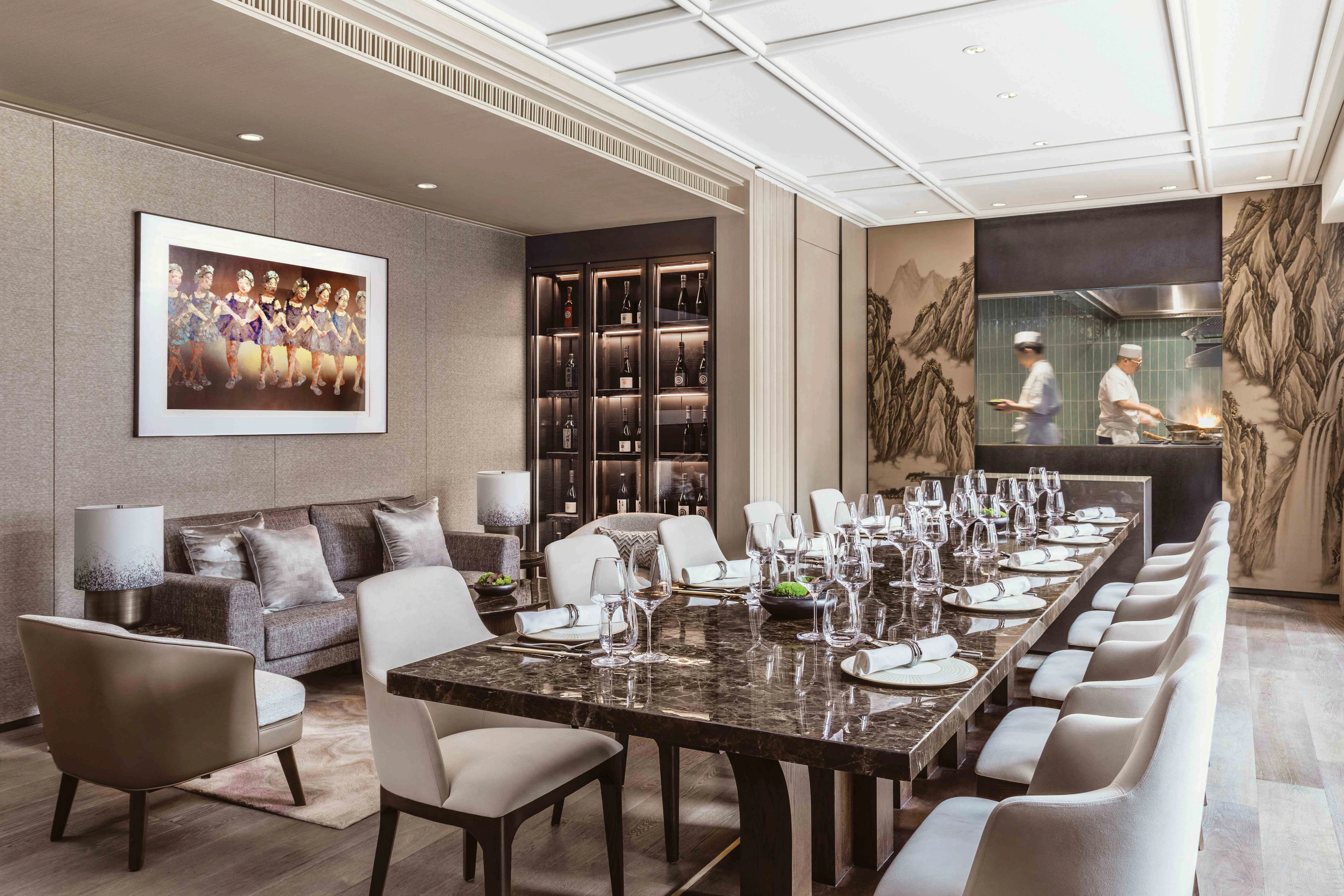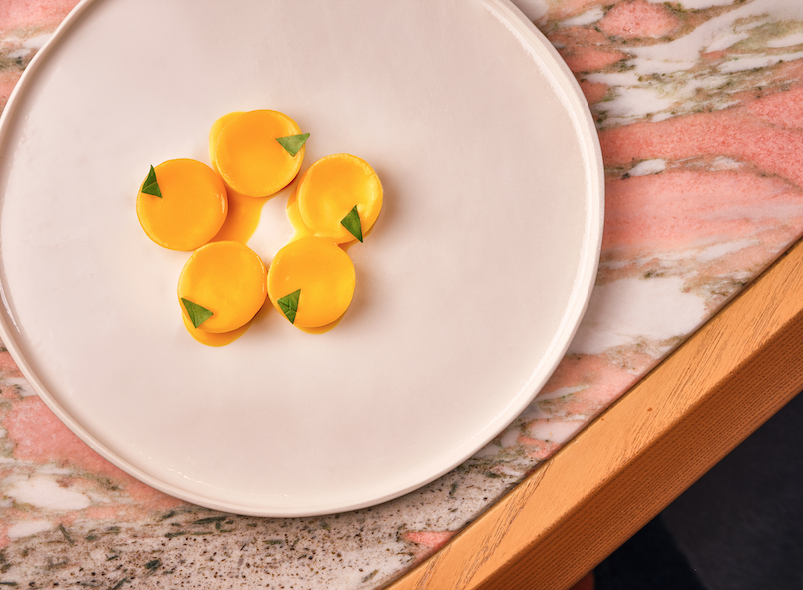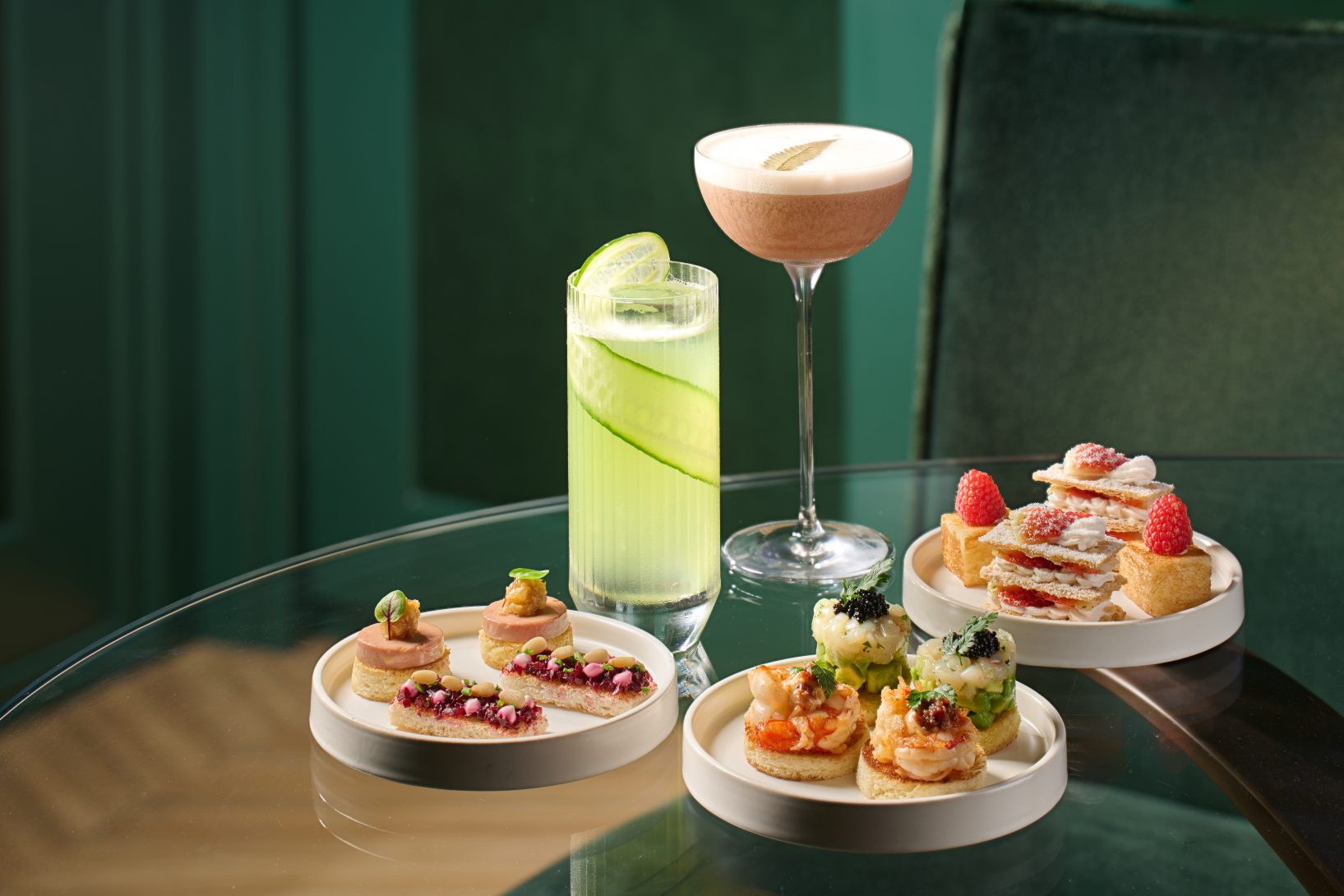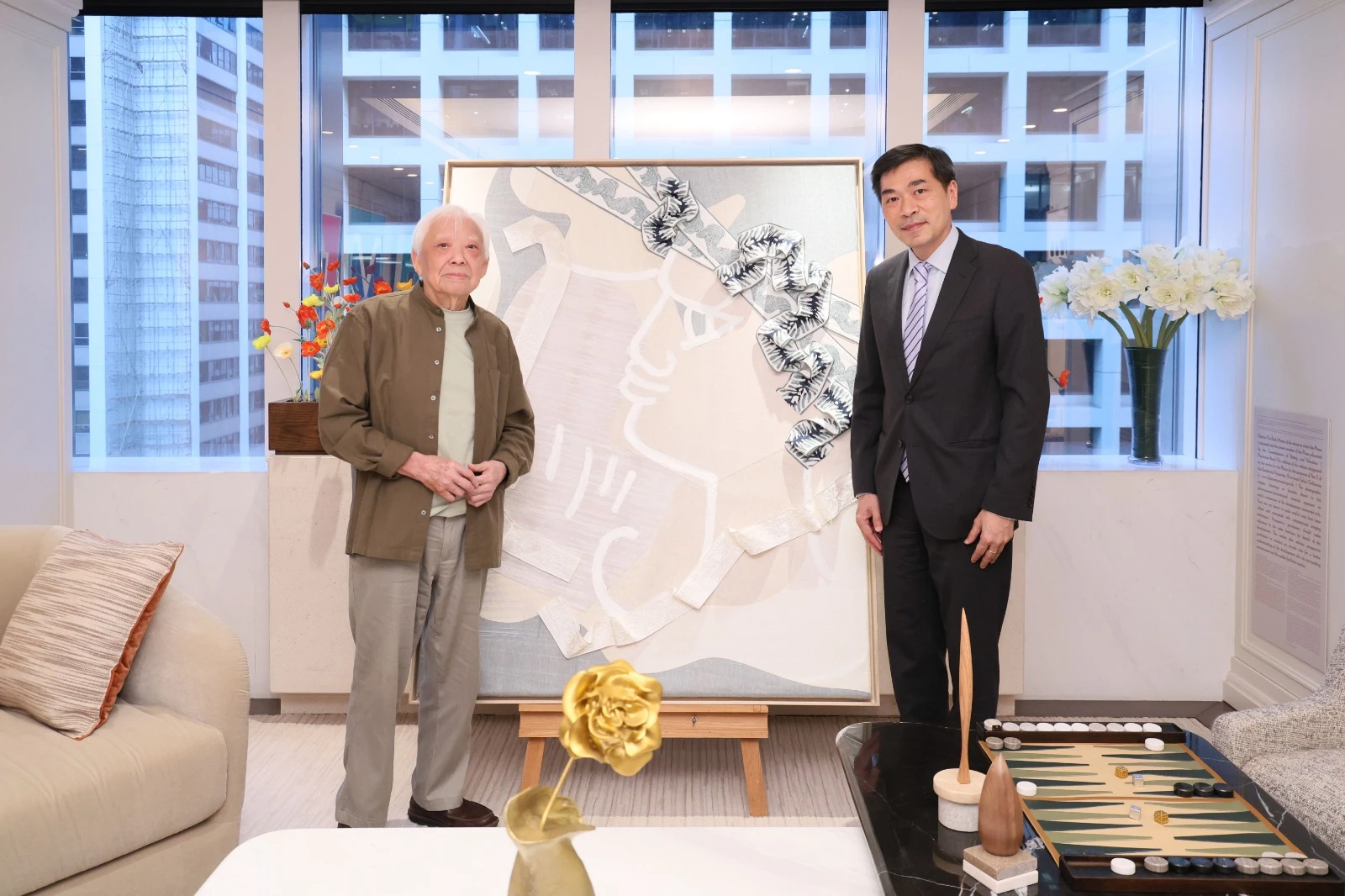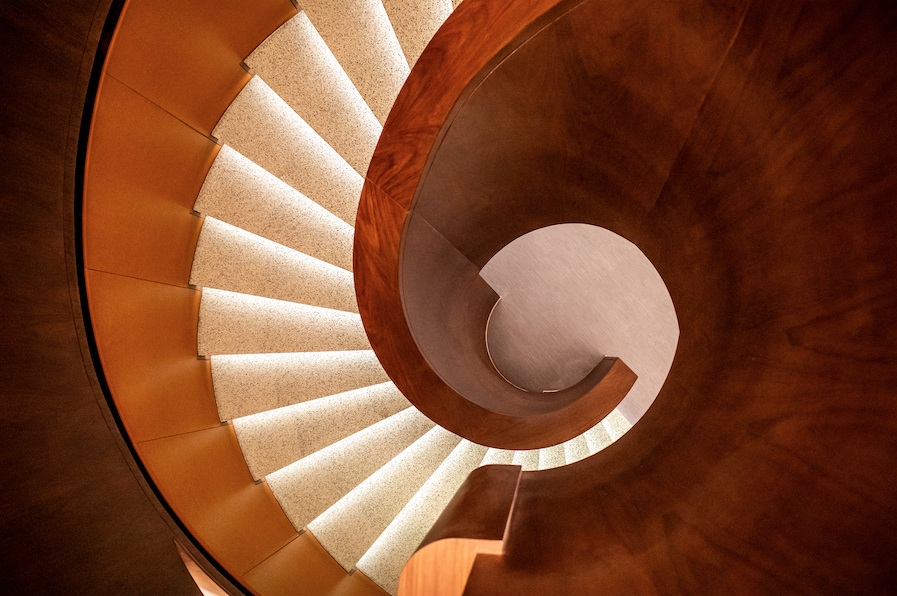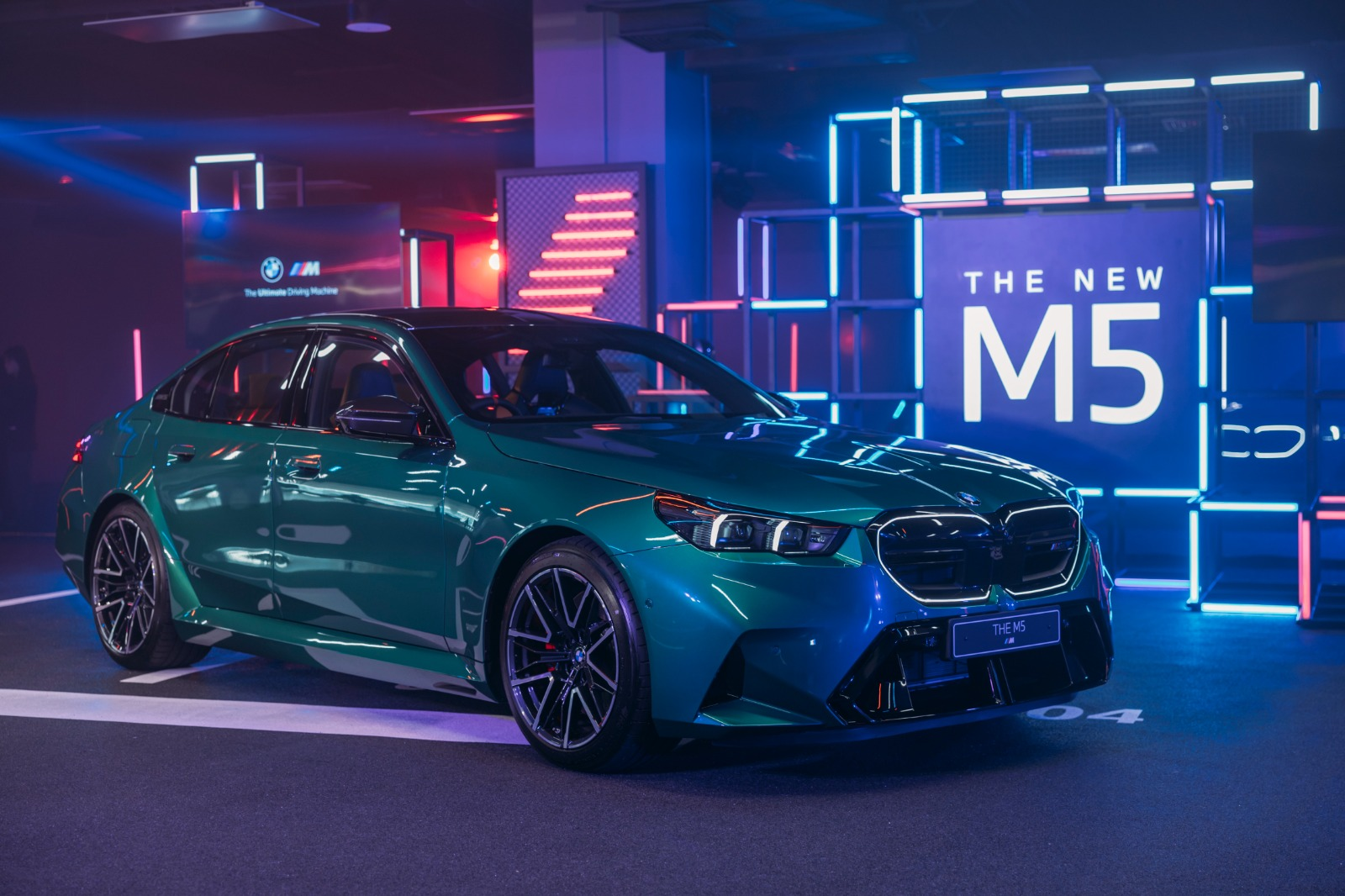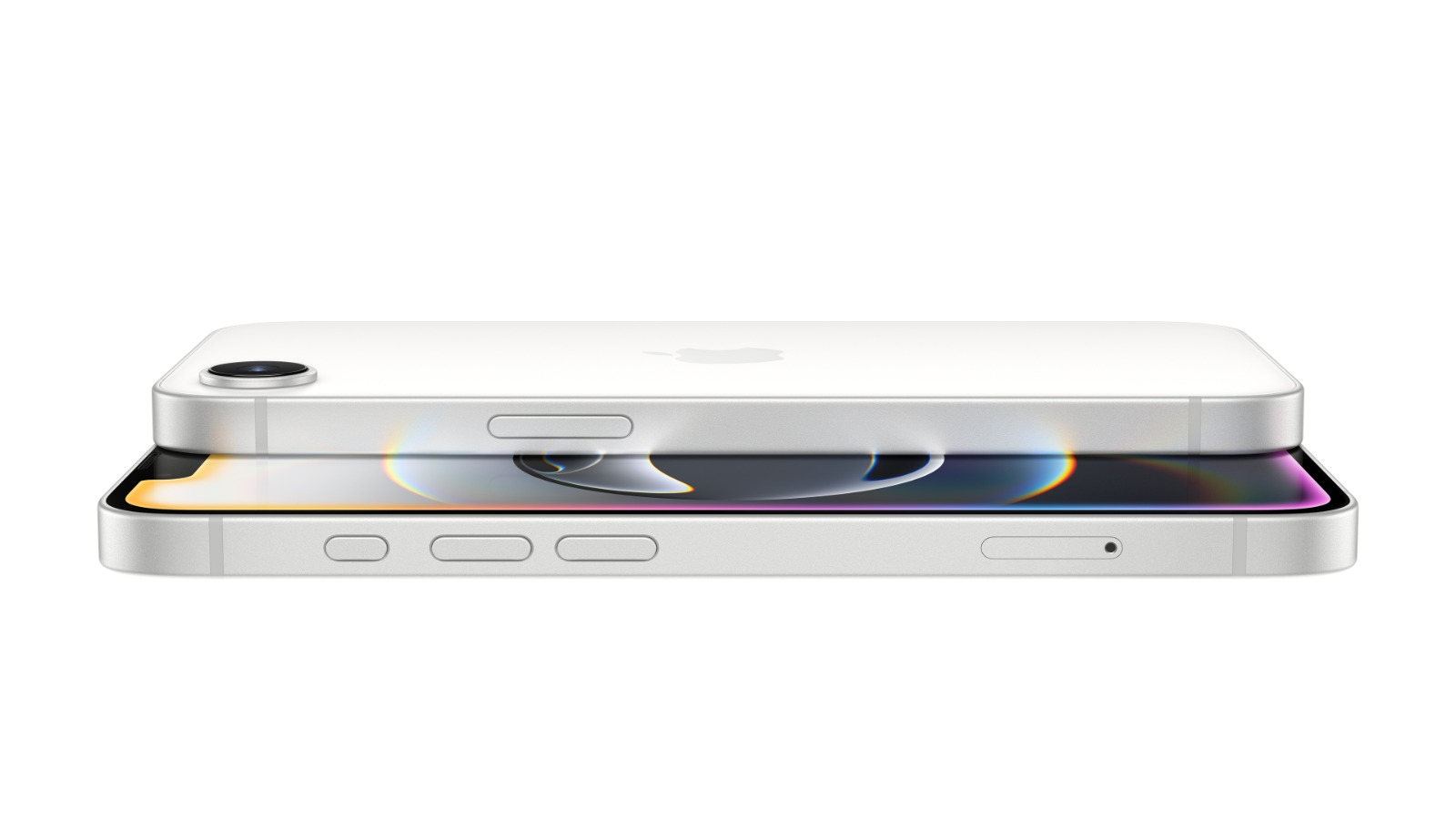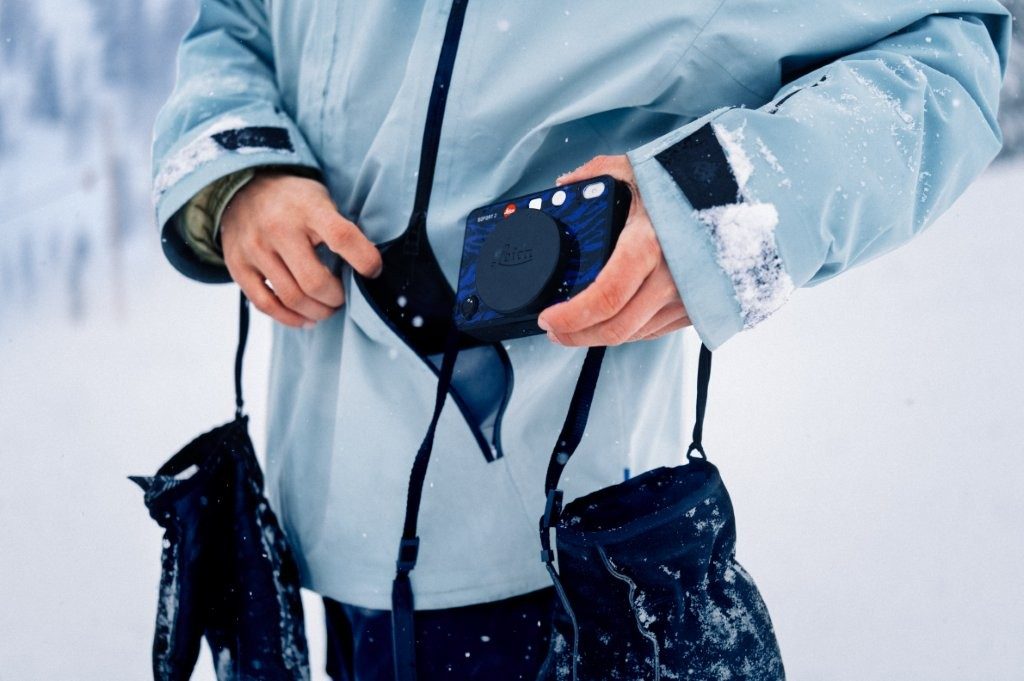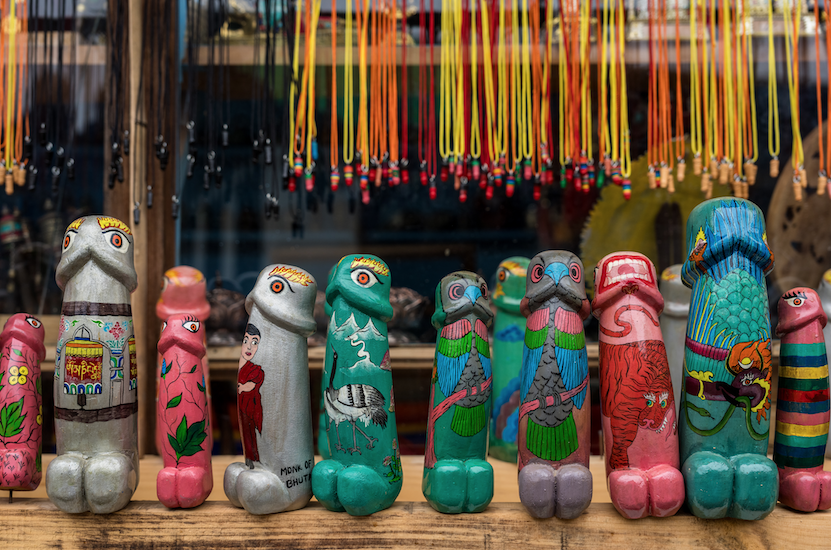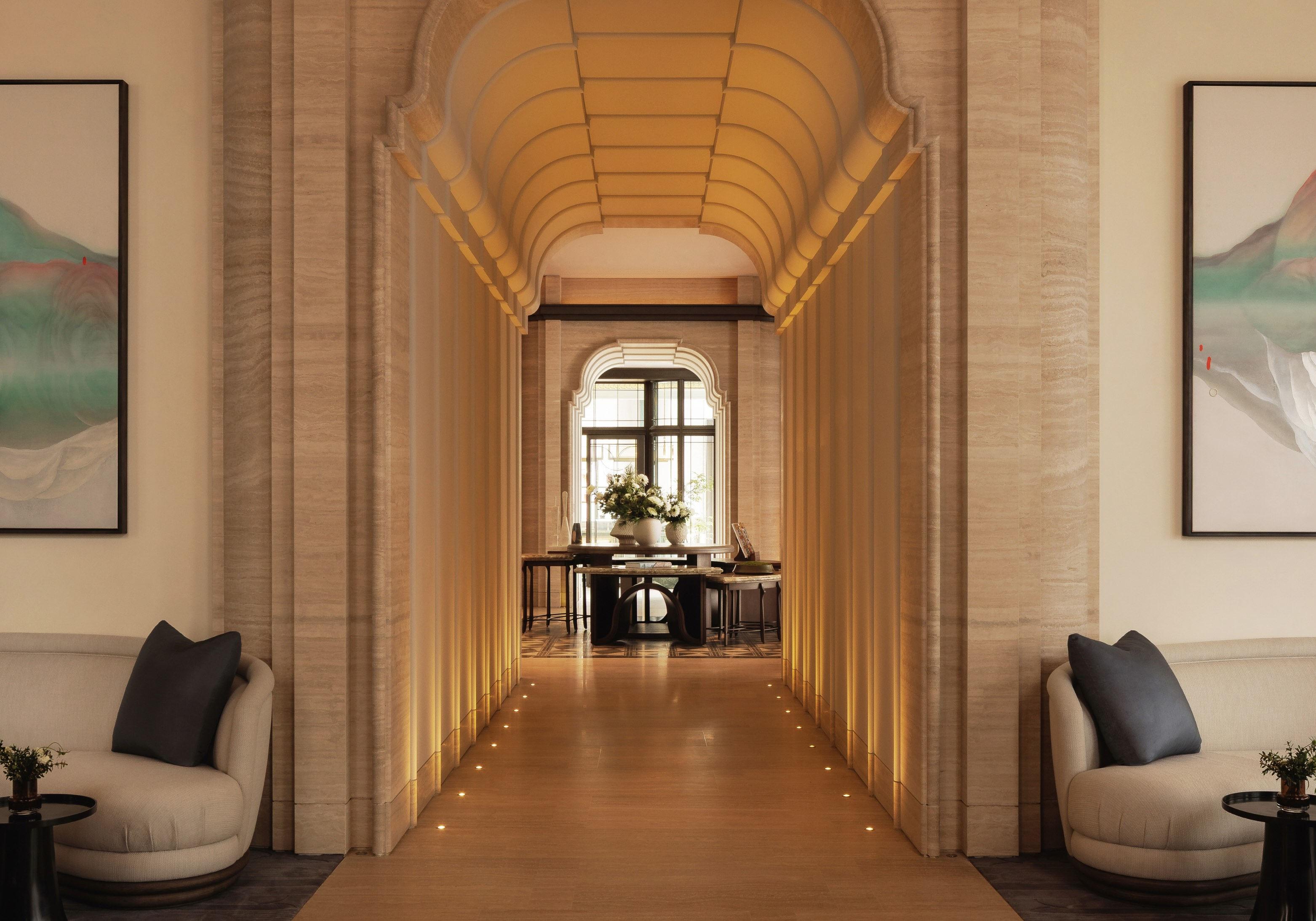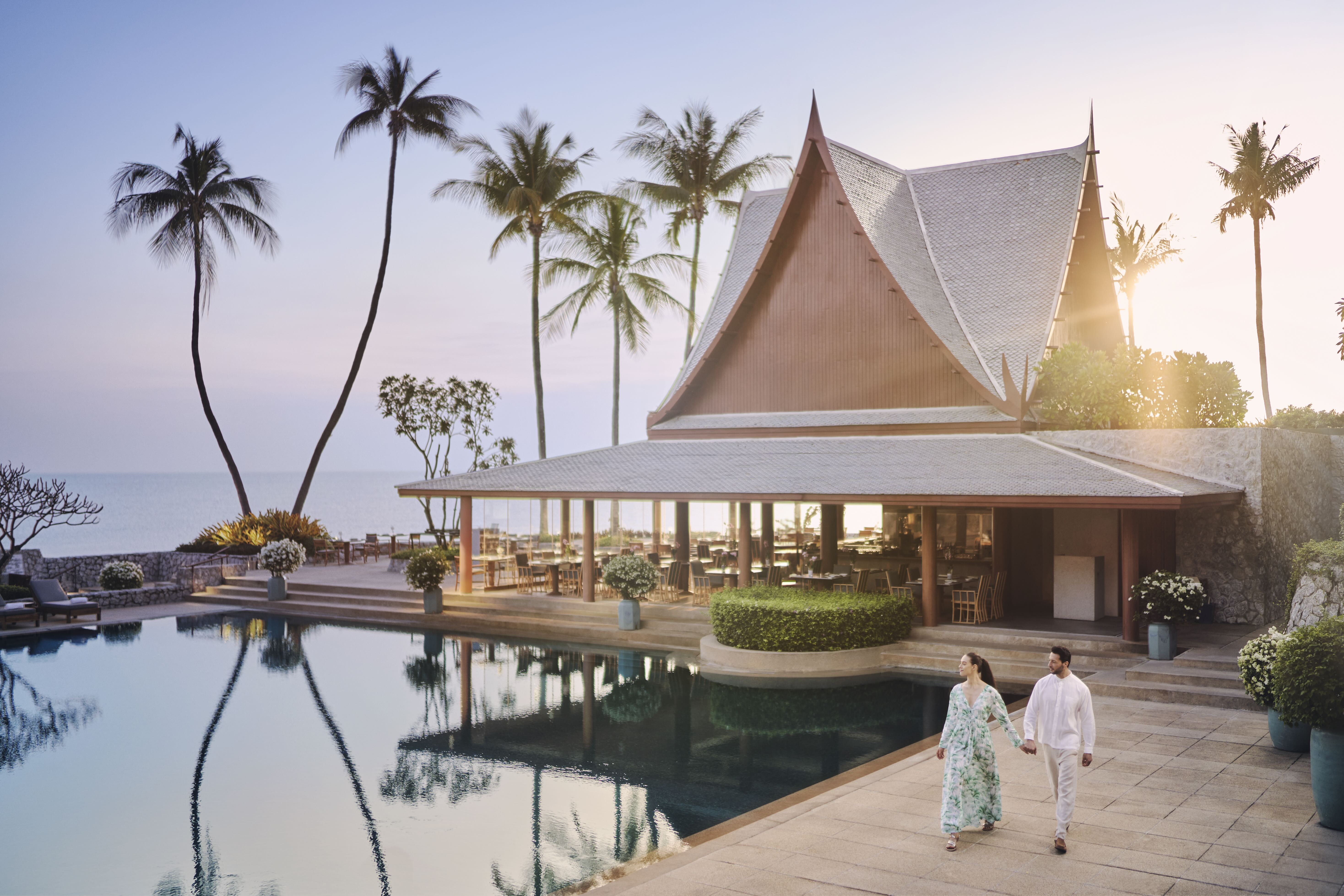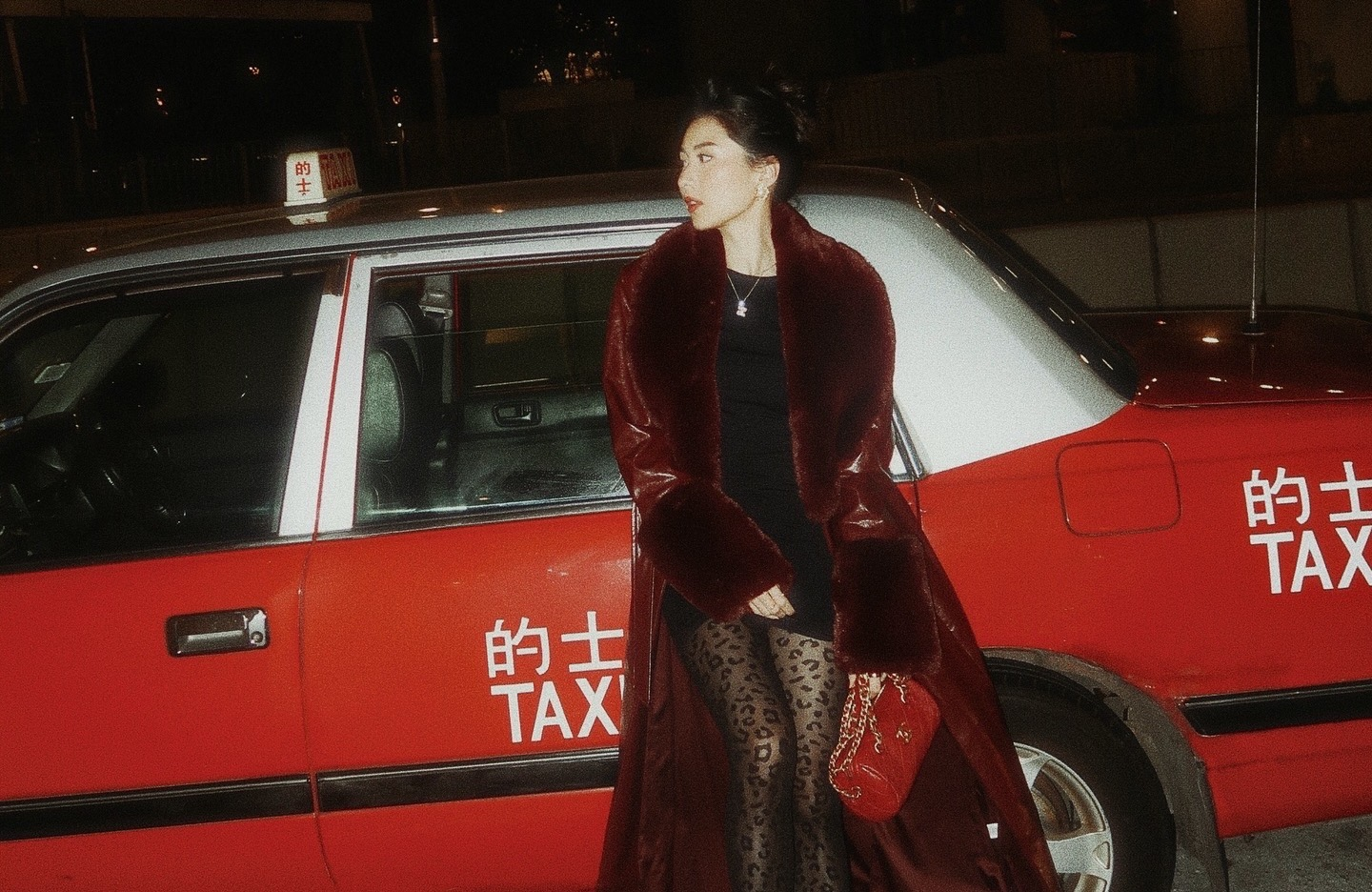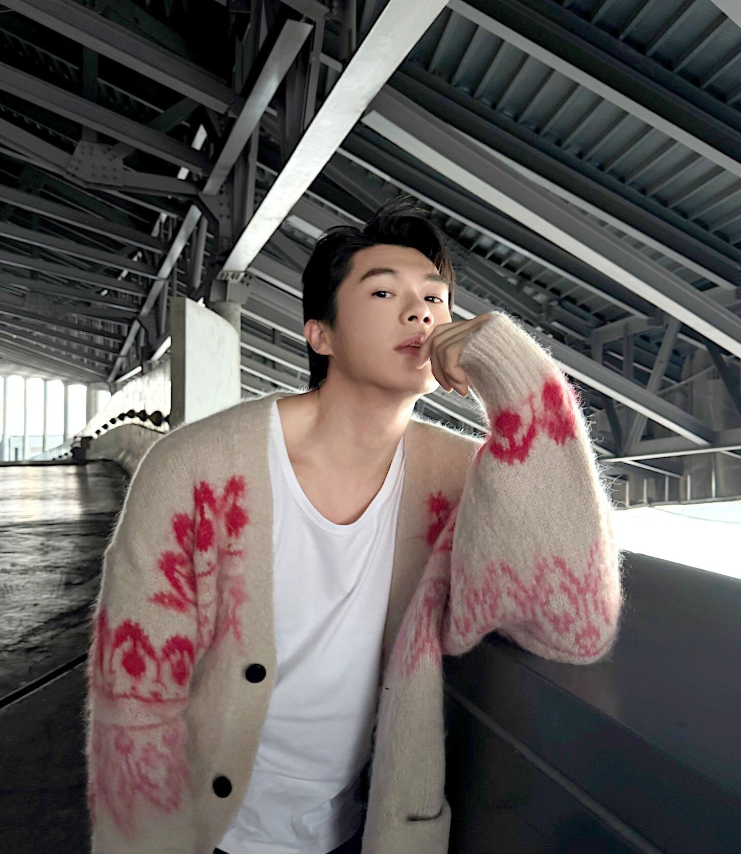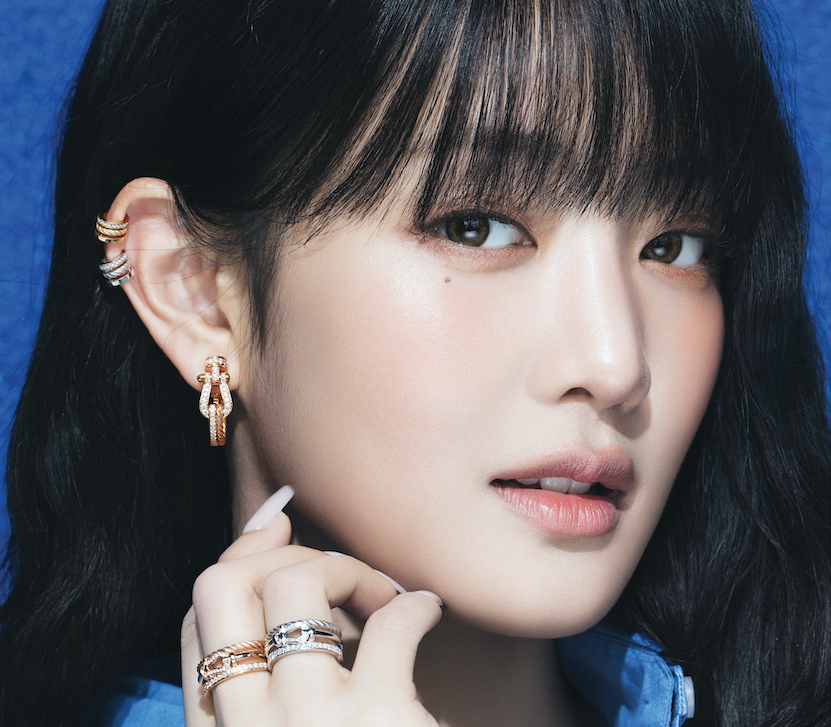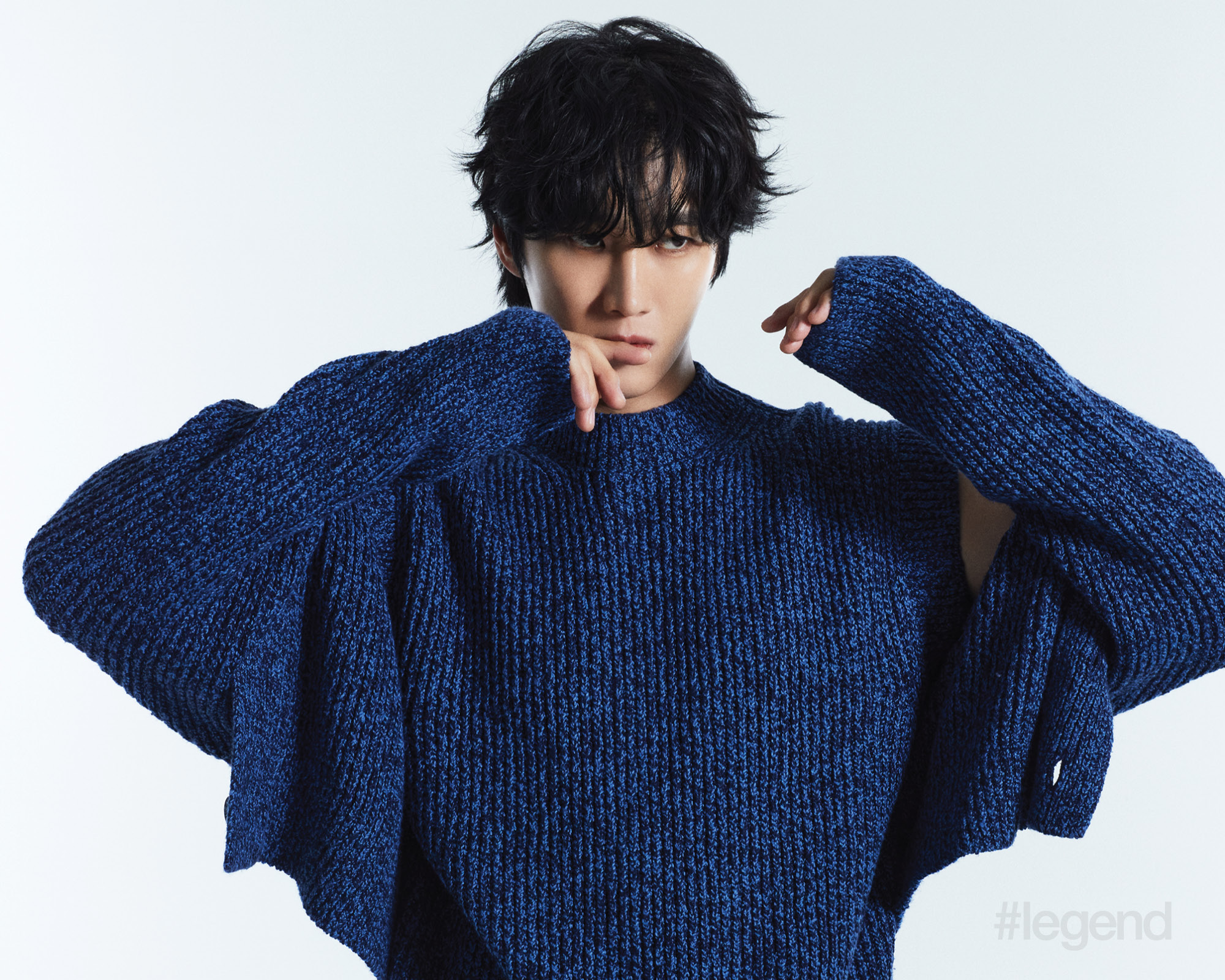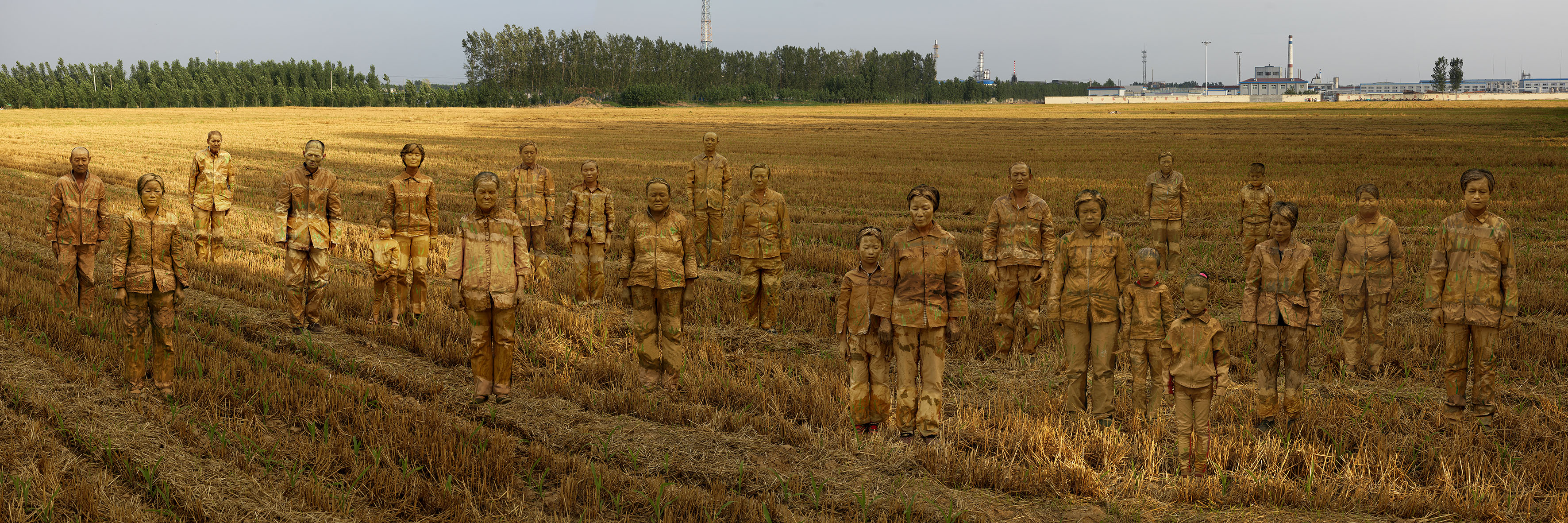Arnault Castel talks retail and culture in Hong Kong's Vitra at Kapok
Aug 16, 2021
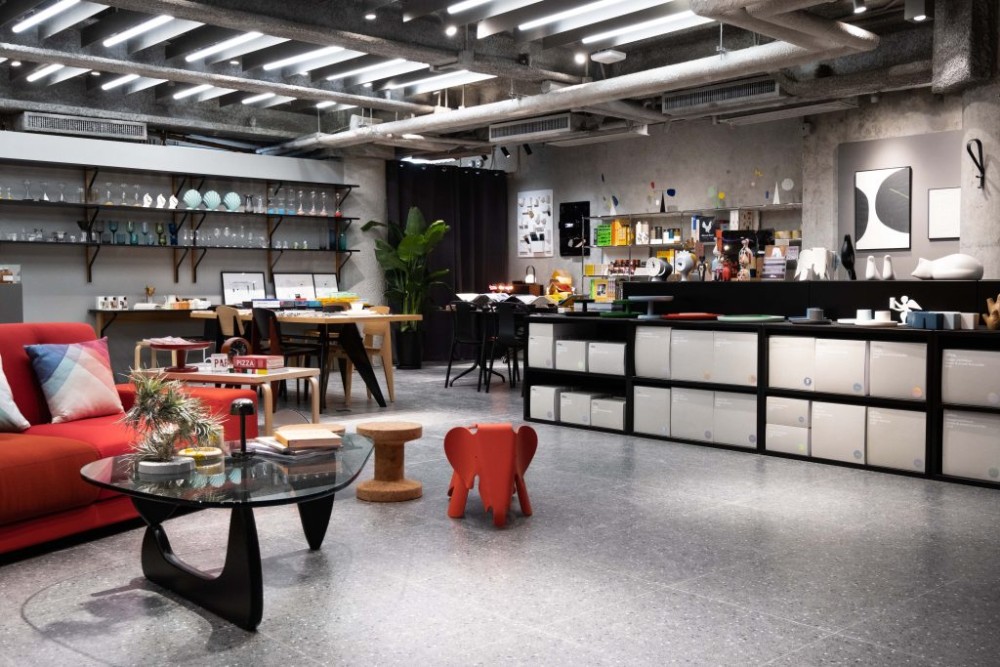
What does it mean to be supernormal outside of the context of a Marvel character? For Vitra, it’s a way of approaching product design combining practicality and minimalist yet intriguing aesthetics, characteristic of how the people of Hong Kong have been changing the way we live in recent times. We spoke to Kapok founder Arnault Castel about Hong Kong retail at the opening of Vitra at Kapok, the first physical store for the Swiss designer furniture giant in the city. In the last fifteen years, Kapok has gone from being the first innovator of the curated concept store in Hong Kong with a single location on a sleepy lane in Tin Hau to a go-to for anyone in Hong Kong looking for a warm, personal retail experience.
Finding a common spirit with Vitra, who have a multigenerational history of innovation in furniture design, they are natural partners. Castel speaks to us on the future of physical retail, Hong Kong shopping and home culture, in the midst of a shifting lifestyle culture in the city: “We are not about [being] very trendy, very high [culture], we don’t have anything impractical, actually, but then we just want a better version. So yes, supernormal is quite good, it’s like normal, but better [laughs].”

In such a lively city, with the introduction of various restrictions keeping us at home, Castel says people in Hong Kong changed how they approach their living spaces, adding onto a long-coming trend expanding the role of the home in how we live in Hong Kong. The pandemic and other events have driven a shift in how Hong Kongers approach the interiors of their homes, as we spent months no longer able to entertain ourselves outside them, pushing us to reimagine our homes as a personalised interior space that should be warm, relaxing and welcoming. Hong Kong people, faced with this new situation of being unable to live their lives around being outside our homes as we once enjoyed feel, according to Castel, that: “My home was just a place with a bed where I taking a shower and sleeping, and now I have to live there, it’s not comfortable, it’s not functional, I cannot work there, if I want to spend time with my family it’s a bit too cramped, it’s not nice”
It is this sentiment driving us to embrace new ways of choosing our furniture and interior decorations, as entertaining and relaxing at home become more prevalent pastimes in the city. This has brought functional yet fun and beautiful home products and furniture to the forefront, and Kapok has found itself to be one of the beneficiaries of this change, boldly taking the pandemic as a chance to expand to new locations.
Vitra’s products, designed around the convergence of functional simplicity and aesthetics, fit the desires of a city keen on improving their homes with modernist furniture and careful to avoid too much overt flamboyance. Asked to describe what makes Kapok special, Castel has a clear answer: “The mood of Kapok we’re really clear about, it’s of course products that are functional, products that have good quality, but also have a little bit of fun […].”

Under Castel’s strategy of careful grand design, despite a period of growth that even accelerated under the pandemic, he’s found and sustained a formulation for retail that in a city so shopping-obsessed as Hong Kong is relatively unique and attractive, embracing the personal and warm element of retail stores, and the market for beautiful homes, the desire for which he sees as growing in Hong Kong, carefully selecting products one might call supernormal, that their team reckons to be ‘future classics.’
Vitra, a company whose long history has included now-classics embracing new manufacturing techniques and minimalist construction, continues to innovate such ‘future classics,’ well represented by furniture such as the Tip Ton chair, Castel’s favourite in the store, a deceptively simple, truly supernormal design which is designed to tilt forwards slightly to relieve back and neck strain and improve comfort: “It’s still very personal, at the end, this kind of select shop, we really have a directing line that we are sticking to, ours is, we use this term all the time, you know “future classics”. We [have] used this for 15 years, so I think it’s good.”
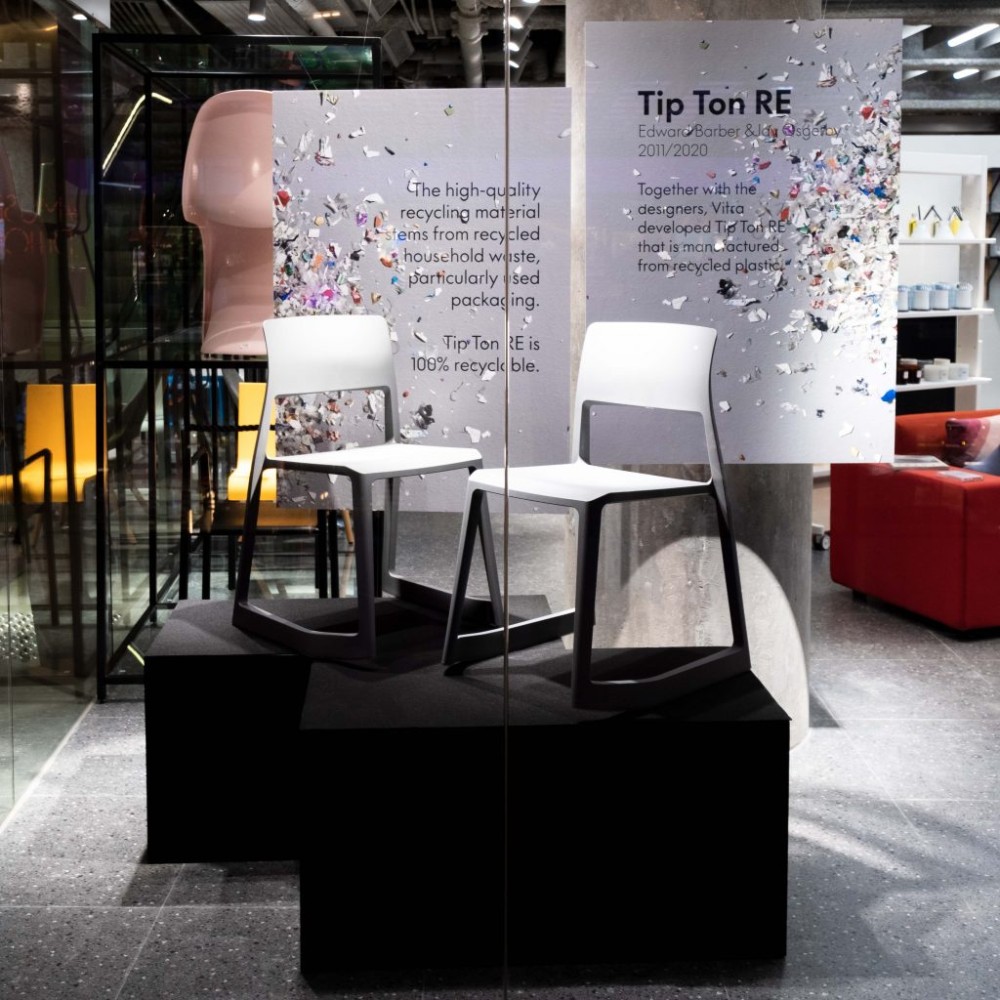
“What we try to bring is products for everyday life, it’s not products you use once a year only, but they kind of upgrade everyday life […] A lot of things that you can find in many stores but we try to find things that are better made, [with] more care, [are] more poetic, more playful, and then we bring this selection.”
What attracts someone to shop in a physical store in the era of COVID-19 and online shopping? It can’t just be the choice of products, as in the world of Taobao and Amazon, almost no product is exclusive to the brick-and-mortar medium, and for a select store like Kapok, they have almost no branded products of their own, and Vitra at Kapok has a smaller selection than Vitra’s previous Hong Kong sales mainstay of online shopping.
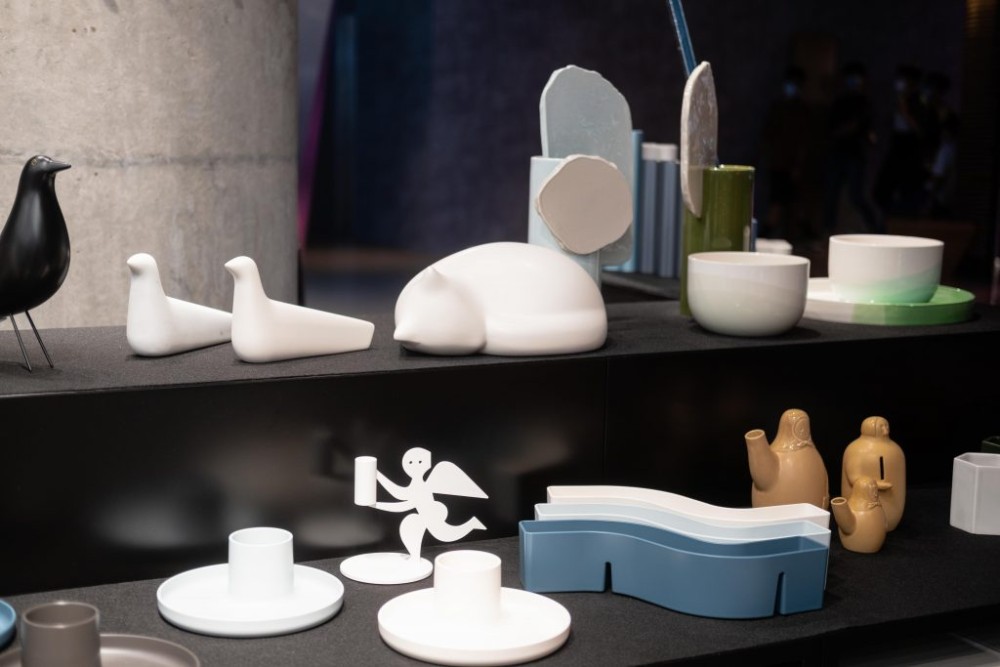
The Kapok founder has a clear, if unconventional, answer, for he doesn’t see online shopping and physical stores as competitors so much as complementary elements. Faced with window shoppers snapping photos to order online, he quickly adopted an indifferent attitude, because of how much a physical store can offer beyond their products: “Yeah you can order [online], we do have people that take pictures, and I know they will order online. The first time it happened I was upset, but now I’m like this is life, it’s like that. And I think it forced us to think more, […] of course the selection of products is important, but it forces us to think more […], since now when you have all this choice online, why would people go to the store?”
“And then I realised that whatever happened, people still have free time, of course they can go out, they can do sports, they can go to the cinema, but going to a nice store is still a nice pastime, especially here in Hong Kong, and people will want to spend like half an hour going to [a] store.”

So what makes a specific store an attractive pastime? Personality, service, environment and location all come to mind. Service, especially personable service, has become more and more desirable in the Hong Kong retail scene in recent years, a tough ask in a city whose customer service reputation is less than shining. Even sustainability, a focus of Kapok for as long as the store has existed, and one of Vitra’s long-time central company attitudes, has become an attractive feature, rather than the expensive turn-off as it once was: “But what I love is when we started a lot of people didn’t care [about sustainability], they were like “oh it’s so much more expensive, why is that” and it was not part of the selection process of the product, but now people really care, they’ll really research, they’ll go for brands [that are sustainable]. […] Customers are smarter than what a lot of people think [laughs], and they can spot the greenwashing and the fake sustainability. Vitra is also very very involved in this […].”
While appeal of the online shopping medium is largely limited to the – albeit very wide – selection of products, and has previously been the main way Vitra’s furniture was sold in Hong Kong, Vitra has long been aware of how key moving beyond this is. Their headquarters on the Vitra Campus, located in the German town of Weil am Rhein on the tripoint of Switzerland, France and Germany, is built as much around the intersection of production, leisure, architecture, culture and museums as it is a place for showing furniture.
Both Vitra and Kapok have worked closely with the architects and interior designers of Collective Studio to create the welcoming, entertaining environment of many of their establishments, and in fact were introduced to one another through the firm. This desire for an inviting store was one of the driving forces behind Vitra partnering with Kapok: “We tried to create a really nice environment, it’s not just about the product, it’s not just a store, when you go, we play nice music, we try to have a team that is happy and friendly, and we try to present in a nice, beautiful way, it’s more like creating a little bit of entertainment, rather than just a shop. I feel now that a shop is not just racks and shelving, it’s a mood, and normally when you create this nice environment and people feel good, they will end up shopping, so we also can make it work [financially]. First we were more like a regular shop, now we try to be more a place to spend a good time.”
In a city as dynamic as Hong Kong, one attraction is the constant presence of new products, brands and trends in a store, and drives repeat business with customers returning to a store every few months to see what is new. This technique also allows a smaller, Hong-Kong-scale store to effectively market a wider range of products that usually would be presented in a larger showroom, such as furniture; Vitra at Kapok typifies this technique: “You know, normally, the furniture showroom can be really huge, and here is a much smaller space, so every two, three months we will actually pick new highlights, new, new products and new designers. So for the first presentation we really wanted to have a kind of list of the pieces people know very well, you know the Panton Chair or the Prouvet or the tables, but also some things people don’t know.”

Yet, it is important to maintain the concept behind the selection of products even in the midst of this turnover, preserving the personal connection between the selection of products and the customers: “We really kept this direction very clear and […] we bring new products up, still [at a] very rapid pace, in the store we have new brands every week, two or three, it’s difficult to do, and sometimes my team says it’s too much, but it’s really what we do, is keep on looking in all directions and finding new things.”
As a manufacturer more than a distributor, Vitra develops a similar personal connection between their customers and their designers through their products and a cohesive concept of their art style, especially overseas from Europe where one can more easily interact directly with Vitra. When Kapok had to embrace the online medium during the height of COVID-19 in Hong Kong, they even found ways to bring the human interaction of the physical store online, an innovation that is well suited to the changes in our lifestyles in the world of COVID-19: “We created this system when we can shop by WhatsApp, we can shop doing video in the store, video tours, we did a lot of things on Facebook and Instagram […] digital that is not too cold, a lot of web stores are very cool, very cold, but I wanted to try and bring the Kapok style to this environment since there was no other choice, no one was in the store, so it push us to do it”
To hear Castel describe it, Hong Kongers have always been champions of modernity and new styles, so it comes as little surprise that both Vitra and Kapok, firms representative of the new forms of Hong Kong’s retail culture has been taking, have found a growing role in our city in the unusual recent times: “I moved here a very long time ago, twenty-five years ago, and I think one of the things that really attracted me is the dynamism and people embracing the newness; new trends and new products, new designs, they are not scared of something new.”
As forces as disparate as economics, politics, globalisation, the continuing growth of online shopping, changing cultural desires, and the COVID-19 pandemic have all caused shifts throughout Hong Kong’s disparate lifestyles, retail is no exception. Vitra at Kapok brings some of the best features of European retail to Hong Kong’s favourite ways of thinking about the same, while still being unique to Hong Kong’s special context. But while Vitra and Kapok have both pioneered ways to adapt to such changes in our buying cultures, their styles of retail seem well-poised to become more widespread in our lively, changing city.
Also see: Marie Kondo time: Spring cleaning tips from Hong Kong interior stylists


